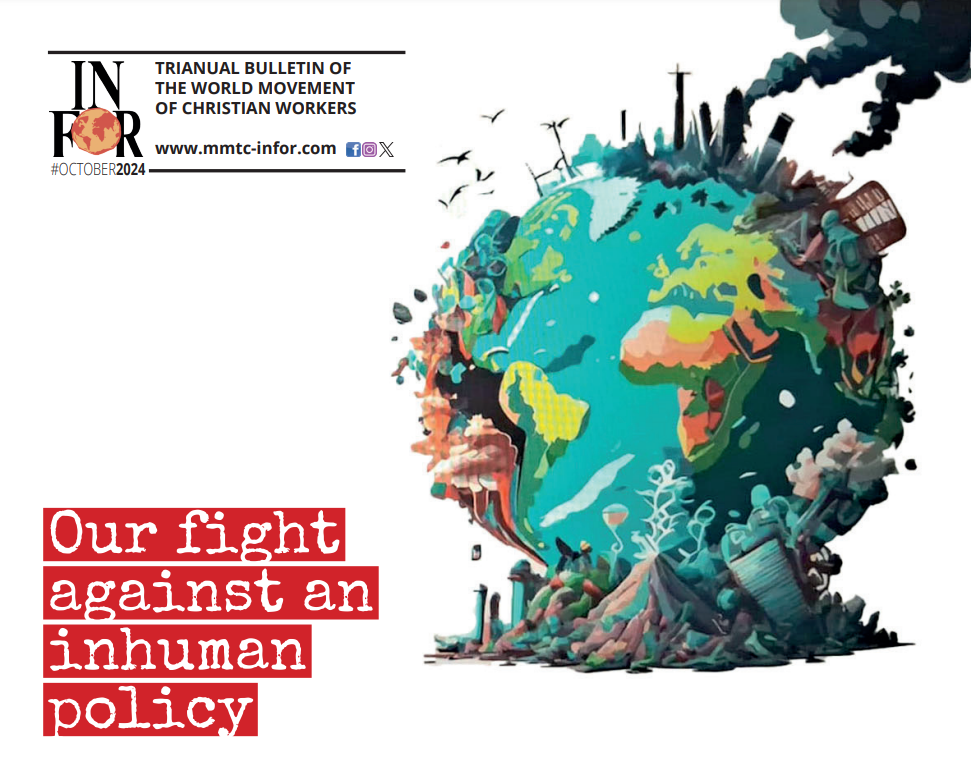
At a time when, in Europe, America and Asia, the rise and attempts by the far right to come to power are being decried, in East, Central and West Africa, to name but a few, we are experiencing totalitarian, corrupt and repressive regimes.
Unfortunately, the rise of extremes comes at the expense of the poorest. We appropriate power, wealth, economic power. We plunder natural resources for our own needs or desires to the detriment of the local people.
The political landscape is no longer shaped by the traditional poles of «left vs. right», «socialism vs. capitalism», or «communism vs. fascism». It has instead been replaced by a representation of the extreme center dynamic: «center vs. extremes». This amounts to erasing what substantially differentiates the left from the right in favor of a neutral perspective of politics where any social problem finds its technical solution.
The real failure is that of capitalist democracy or the «market economy» that promised prosperity for all at the end of the last millennium. Neoliberalism, an ultra-sophisticated version of the capitalist mode of accumulation and whose triumphant impetus has been called «globalization», has brought us to the brink of the disaster. Whether we take it from the perspective of inequality, precariousness, poverty, or the environment, we come to the conclusion of a resounding failure of our economic model.
The political consequences are immense. In both the United States and Europe, people regurgitate neoliberal policies by voting for xenophobic, ultranationalist or ultraconservative political parties. They are increasingly supporting megalomaniac buffoons like Donald Trump because it is probably less humiliating for a dispossessed citizen to line up behind a disoriented rebel than to give in once again to the blackmail of the so-called «least bad» option put forward by the neoliberal establishment. Should we continue to put up with the alternation in government between left-wing neoliberals and right-wing neoliberals, as we have seen for the past thirty years, despite the civilizational dead-end to which these policies have led us?
There is only one option left: To continue to work for radical and democratic transformations on the ground, to build social justice in an economy that values life, where every person is worth more than all the gold in the world. This is what WMCW members have done and continue to do around the world to enable every person to regain their dignity and nurture the hope of another possible world!
Louise Paré, WMCW International Council




